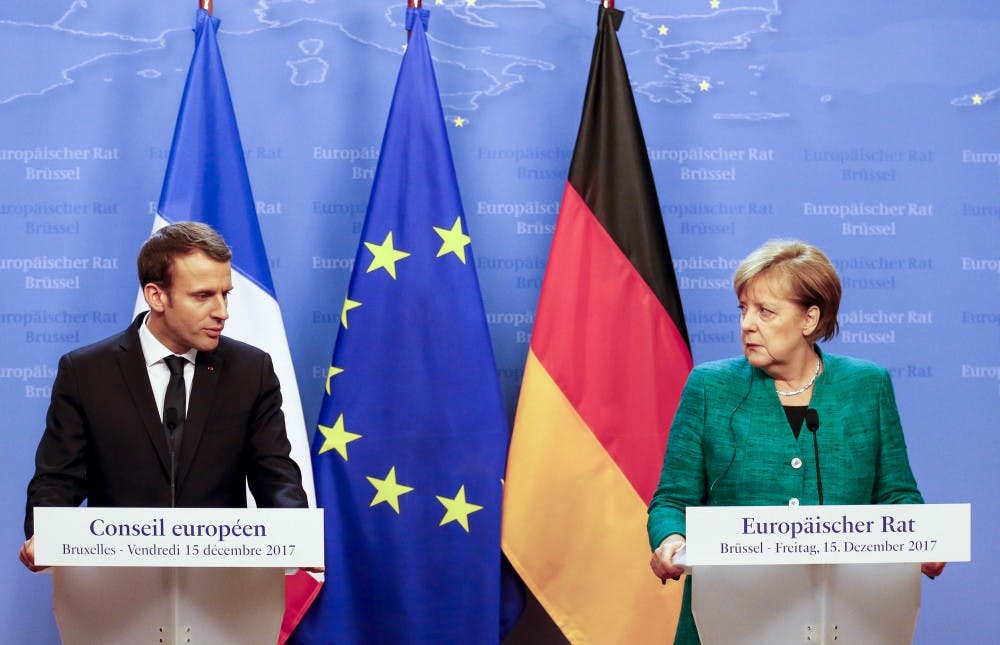There has been a lot of fear in recent years regarding the future of Western democracy. Alarmists point to both the recent surge of (democratically elected) far-right and nationalist parties in Europe as evidence that liberal democracy is in crises. In a sense, they’re correct. The ridiculous view in the late 20th century that liberal democracy had triumphed over all ideological enemies and that the history of political development was at an end has been thoroughly refuted. Young people are being increasingly drawn towards previously taboo ideologies on both the left and right, and dissatisfaction with the structure and values of our current system seems at times to be ubiquitous. But is turning away from democracy really the catastrophe that some people make it out to be?
Listening to a recent speech by French president Emannuel Macron, one would think that modern Western democracy is the pinnacle of all human achievement, a sacred and intrinsically good form of government that only a seriously unhinged or tyrannical person could possibly oppose. In reality, political theorists and philosophers have long been skeptical of democracy, with Aristotle listing it among his bad forms of government and Plato arguing that democracy naturally devolves into tyranny. This skepticism continued well into the Enlightenment, the supposed birth of modern democratic ideals, and was even present to a great extent among the Founding Fathers.
So why is it that democracy is now seen as something sacrosanct, something that must never be questioned lest the world fall into tyranny and ruin? Why is Macron admonishing his fellow Europeans to submit to the “authority of democracy,” as if democracy is some deity to be obeyed?
Most people seem to view democracy as something interchangeable with the ideas of freedom, the rule of law and liberal values. Many seem to believe that the only alternative to democracy is some form of tyranny. These conceptions are both mistaken. In reality, there is nothing about democracy that guarantees any sort of freedom or liberal values. These things are distinct from democracy, which strictly speaking is simply the idea that the majority should rule. How that majority rules depends on their underlying values.
When people point to the freedoms and the prosperity of democratic societies, what they’re really pointing out are the liberal values of that society. A democracy need not be liberal, and a non-democracy need not be totalitarian. Consider, for instance, Brazil under the rule of King Pedro II compared with the United States during the same time period. Pedro II abolished slavery and zealously protected freedom of expression. The U.S. was only able to abolish slavery after a bloody war, and then proceeded to enact the tyrannical Jim Crow laws.
Democracy does not ensure good government any more than non-democracy necessarily implies tyranny. The effusive worshiping of democracy by pundits and politicians is genuinely bizarre because democracy is just another form of government with flaws like any other. Its central premise, that the majority of the people ought to rule, is itself a highly contestable concept. After all, it isn’t difficult to imagine countless scenarios where a majority getting to rule over a minority would be a bad thing. I’m not even necessarily opposed to democracy itself, but I recognize that it is not God.
Democracy has become incredibly overrated. Proponents have even attributed to democracy amazing powers such as ending war and preventing famine, propositions that fall apart upon even cursory reflection. While democracy is a fine form of government that is far from the monstrosity that some of its early opponents presented it as, it’s no more than that. What ultimately matters is the set of values a nation has and the competency of those in charge; the actual form of government is an afterthought.

